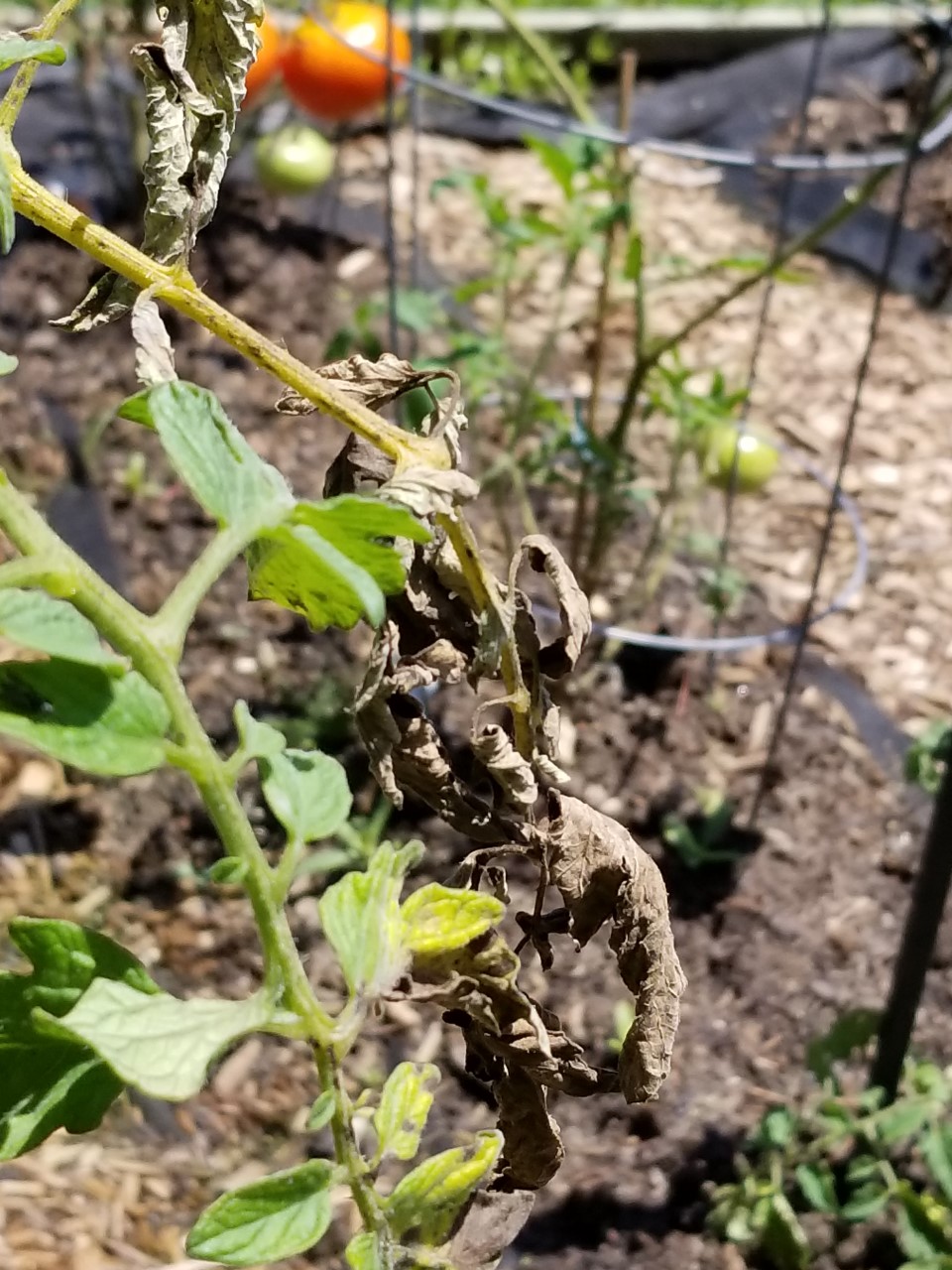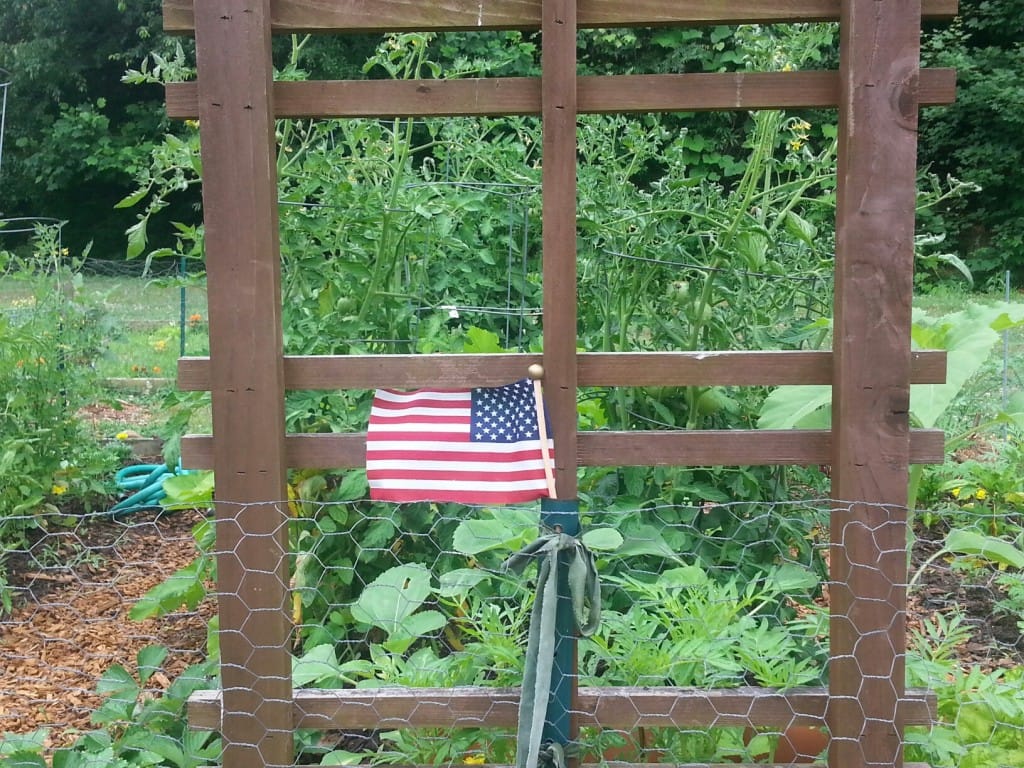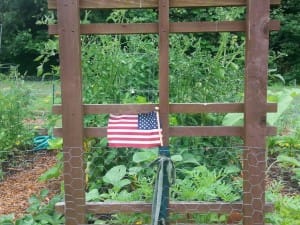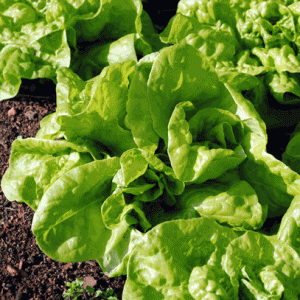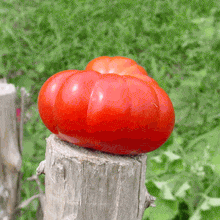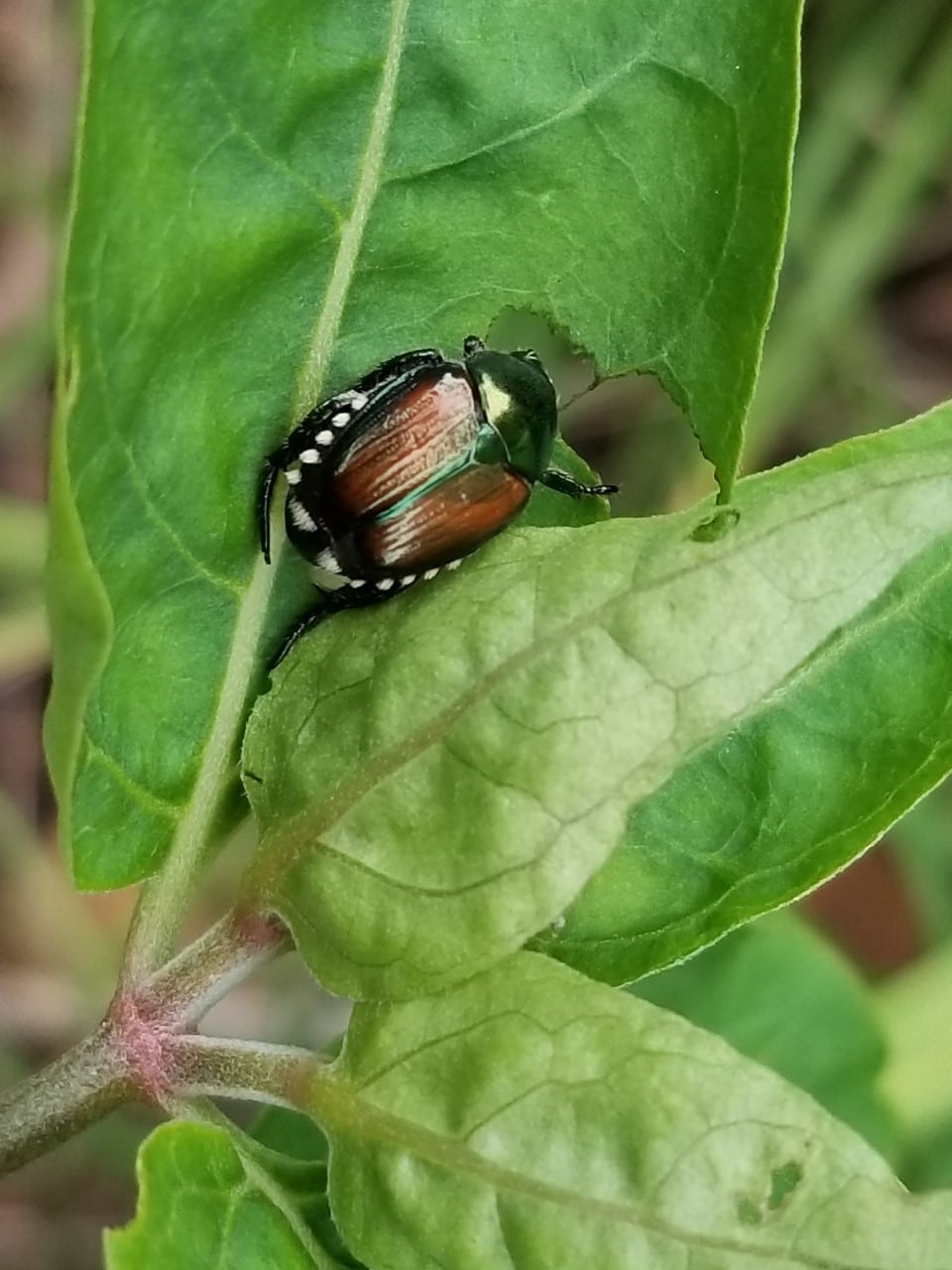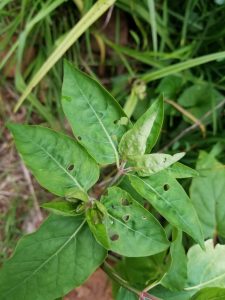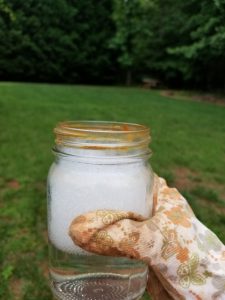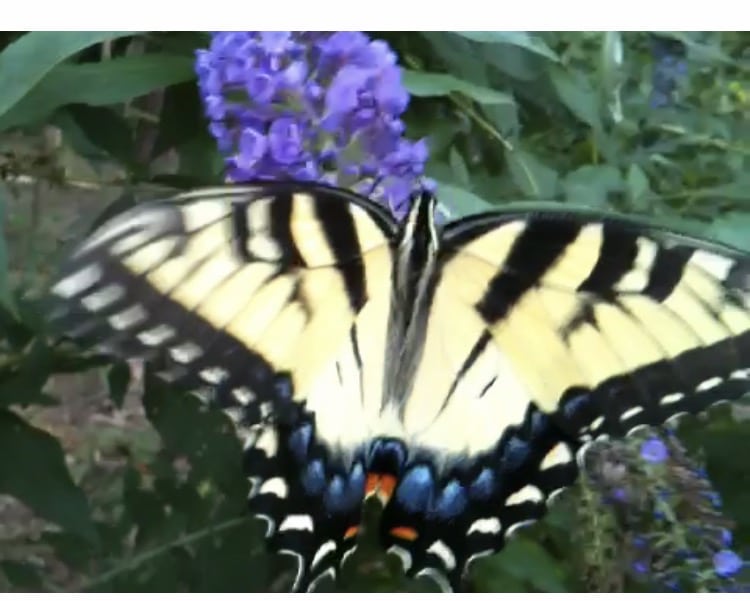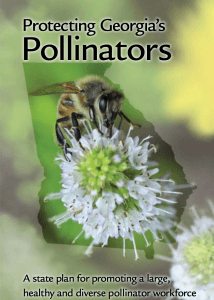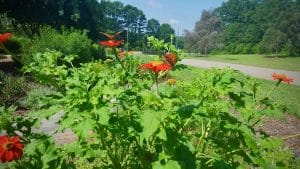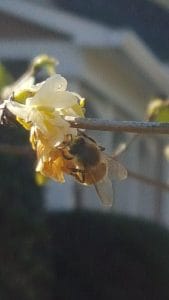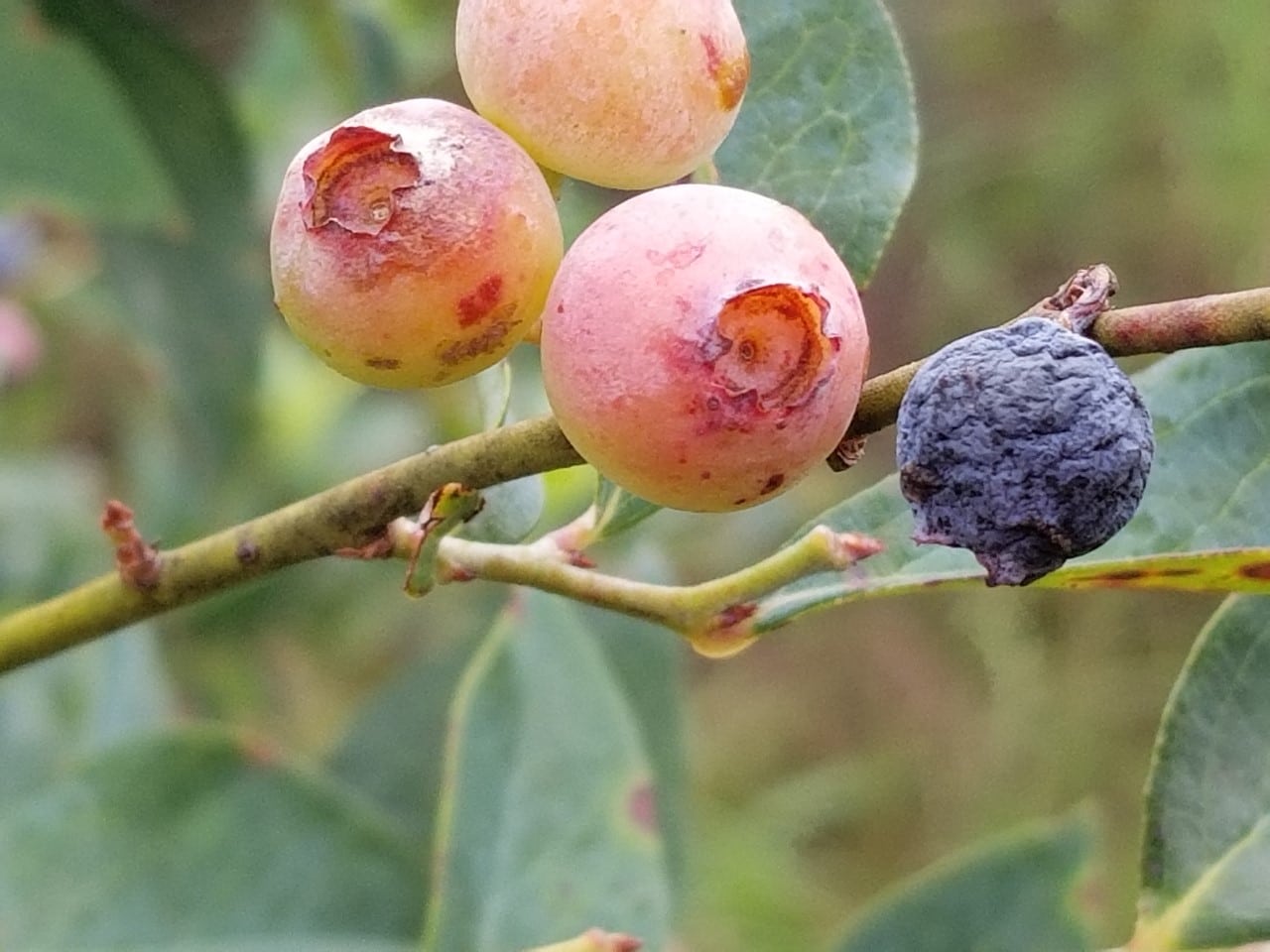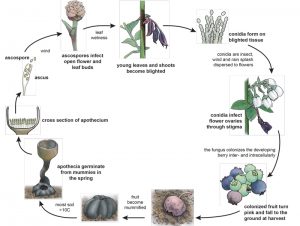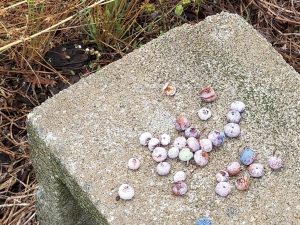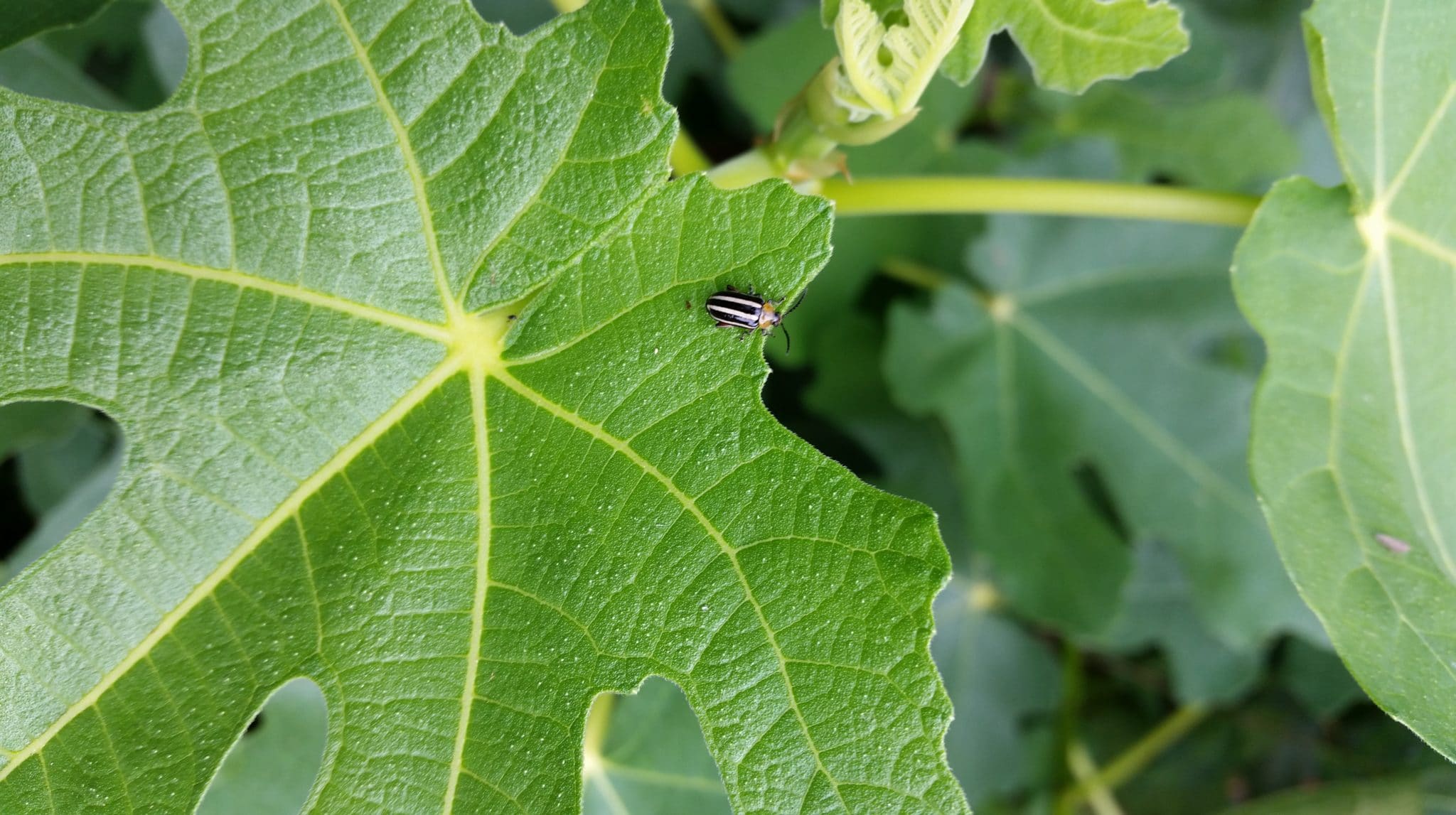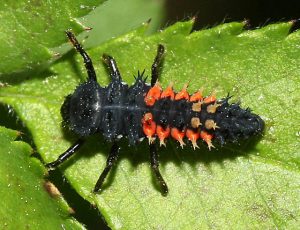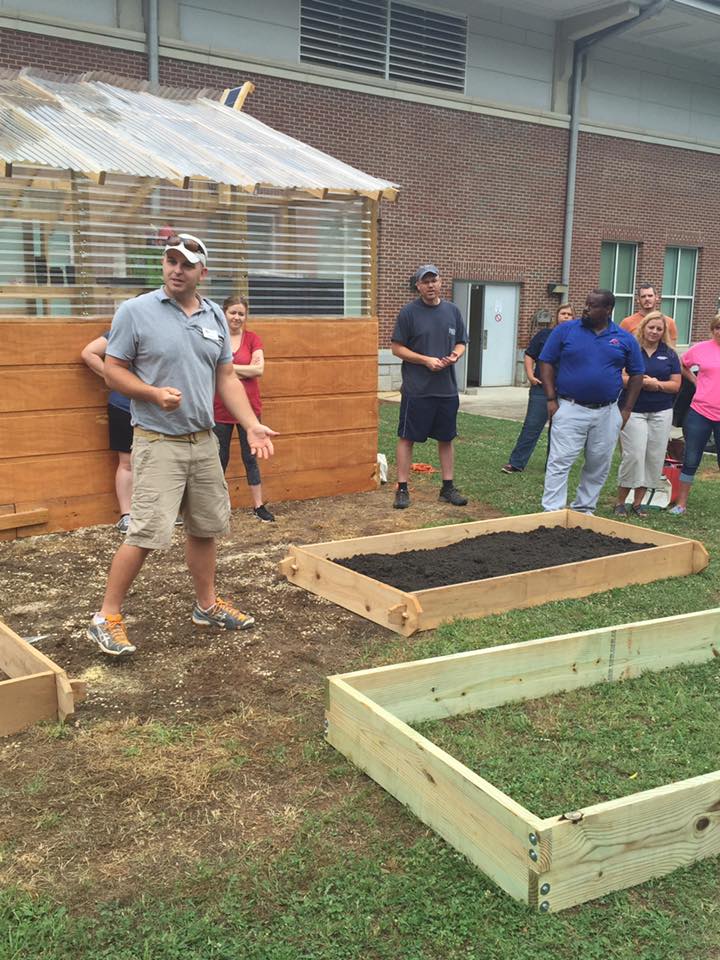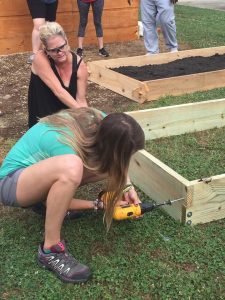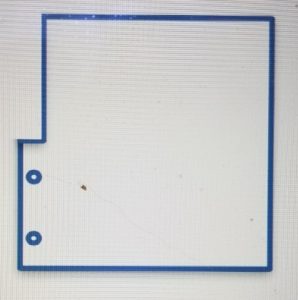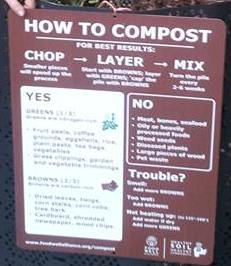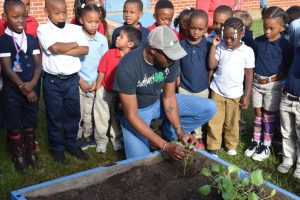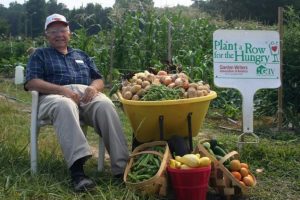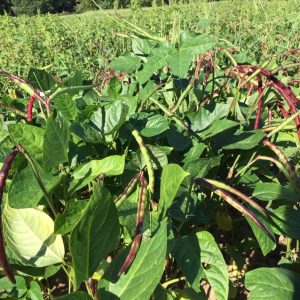The increase in rain this summer seems to have brought on an increase in vegetable diseases. Sharon Dowdy, a news editor for UGA, recently spoke with UGA Extension pathology specialist Elizabeth Little about the problems gardeners are seeing. Sharon writes…
Home gardeners must fight insects and diseases to keep their vegetable plants healthy and productive. Diseases are harder to identify because, unlike bugs, you can’t easily see a pathogen, says University of Georgia Cooperative Extension specialist Elizabeth Little.
“Insects can be seen on plants, but diseases are a little mysterious,” said Little, a plant pathologist with the UGA College of Agricultural and Environmental Sciences. “You can’t just look at the plant and know what’s going on.”
Georgia’s hot, muggy summers provide the perfect conditions for diseases to thrive in, she said.
The secret to fighting diseases in homegrown vegetables is to stay a few steps ahead of them, according to Little.
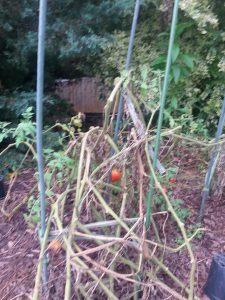
“If you wait until after you see the disease, it’s too late,” she said. “It’s all about prevention because diseases can increase very rapidly once they start.”
To fight diseases in the home garden, Little offers home gardeners these prevention tips.
- Plant in an open, sunny location with good drainage and plenty of air circulation.
- Choose disease-resistant and/or Southern-adapted varieties, if available.
- Start with healthy seeds and transplants.
- Plant summer crops, such as tomatoes and cucurbits, as early as possible.
- Rotate different crops within the garden each year if possible.
- Give plants plenty of space for good air movement. Trellis tomatoes and cucumbers.
- Limit the frequency of overhead irrigation to keep foliage dry.
- Use drip irrigation if possible.
- To help keep plants healthy, improve soil conditions with organic matter.
- Adjust pH and soil fertility based on a soil test.
- Remove old crop debris at the end of the season.
Following these practices will help home gardeners avoid most disease problems. If persistent problems occur, contact your local UGA Extension office for a correct diagnosis of the problem and a recommendation on how to treat it.
Thank you Sharon, for sharing this great advice!
Happy Gardening!
